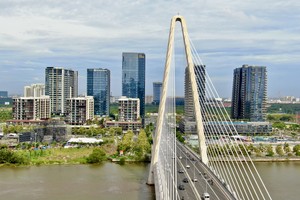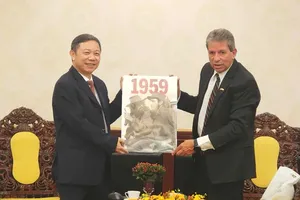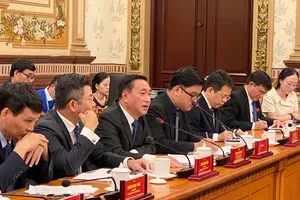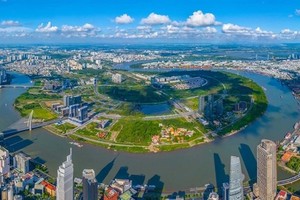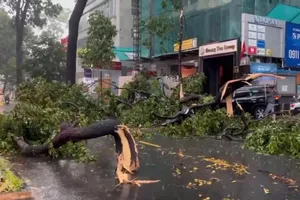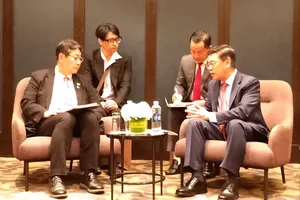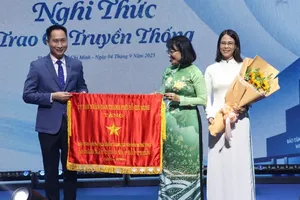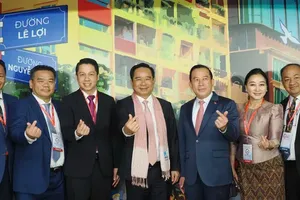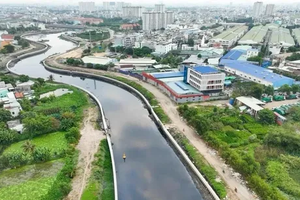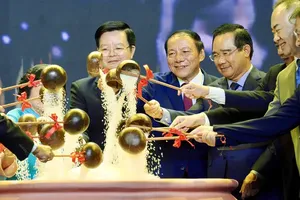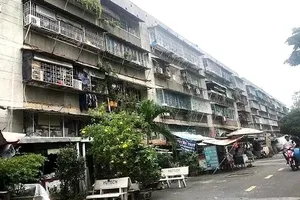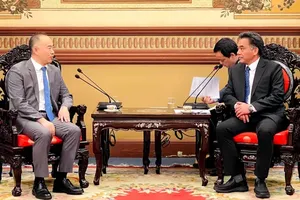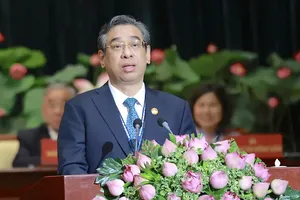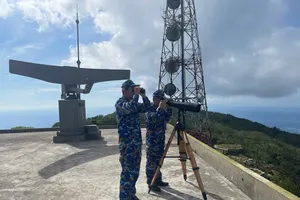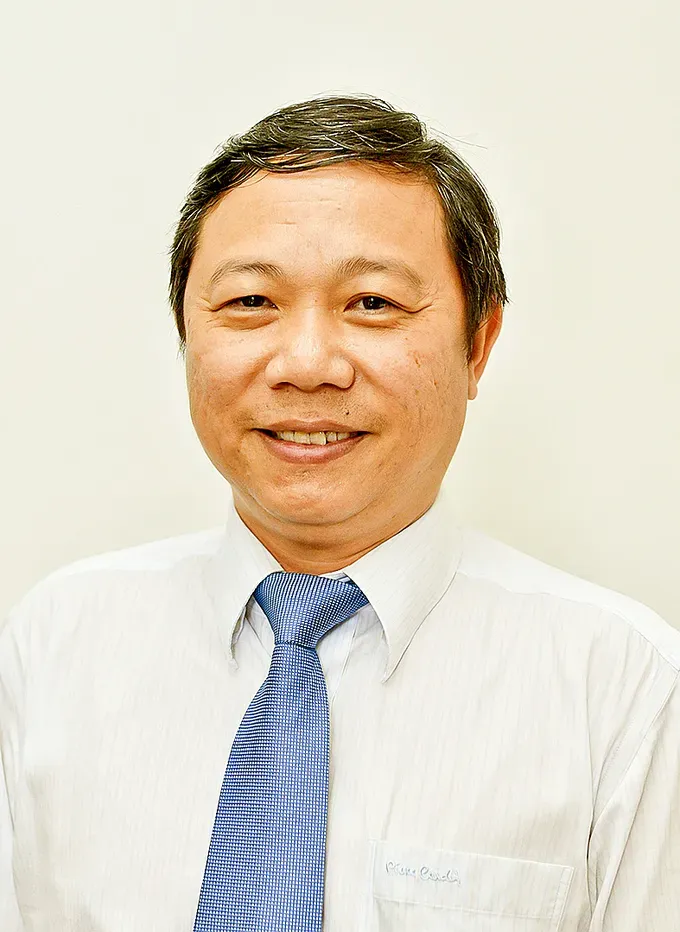
Head Duong Anh Duc of the Propaganda and Mass Mobilization Commission under the HCMC Party Committee first listed the toughest challenges that the propaganda sector is facing at present.
The primary obstacle stems from navigating a new, expansive, and demographically diverse territory, much of which is unfamiliar to the current cadres. To conduct ideological work effectively, it is necessary to get ahead of the situation, meaning to grasp the dynamics from the very beginning. If the city is slow to act, even a minor piece of information can escalate into a major issue with negative societal repercussions.
Another significant challenge is the rapid pace of policy changes and organizational restructuring, which has compelled a segment of officials, Party members, and the general public to recalibrate their personal and professional lives. This naturally fosters a sense of apprehension and anxiety. While the fundamental nature of ideological work hasn’t changed, its scale and complexity have magnified exponentially.
The Commission Head then mentioned feasible solutions for the above issues.
Firstly, HCMC is prioritizing the development and activation of a robust network to monitor social sentiment. This network is built upon grassroots cadres, the Fatherland Front, socio-political organizations, and the press.
Propaganda and mobilization efforts cannot be divorced from the Front and its affiliated organizations. It’s crucial that the city leverages its pre-existing networks and coordination protocols, which ensure that information is conveyed with transparency and accountability, reaching citizens in a timely fashion.
A guiding principle here is to leave no room for malicious actors to exploit an information vacuum. Opportunistic elements are always looking to fill the void when the state apparatus is preoccupied. Consequently, the dissemination of official information must be prioritized, supported by clear analysis and explanations to foster public understanding and consensus. When people are fully informed, they become the most potent advocates, helping to propagate confidence and trust.
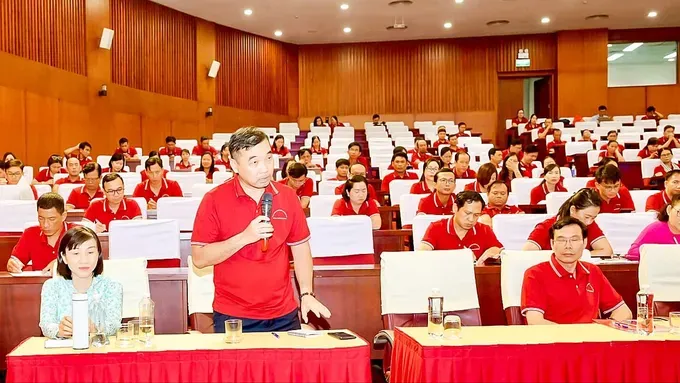
In the digital age, he added, propaganda and public mobilization must be evolved to enhance effectiveness and reach. The HCMC Party Committee’s Propaganda and Mobilization Commission has collaborated with the Department of Information and Communications, the Departments of Science and Technology, and the Department of Culture and Sports to deploy software that monitors and analyzes information in cyberspace.
These tools help to detect emerging hotspots and the sources of malicious disinformation early on. Technology automates data collection, analyzes trends, and identifies potential issues before they go viral.
However, technology is merely an instrument. The critical factor is having the human resources who are proactive, perceptive, and adept at its application. The city comprises 168 wards, communes, and a special administrative region. Without a formidable network of collaborators, empowered by both technology and specialized skills, the ideological work would struggle to keep pace with reality.
This is a critical juncture for public communication and mobilization efforts. Beyond just applying technology, it is essential to enhance the capacity for timely detection and analysis, and strengthening inter-agency coordination to deliver the right message at the earliest possible moment. The goal is for both the public and Party cadres to recognize their role and actively participate in these communication efforts.
This translates as the pioneer role of propaganda and mobilization cadres, who must be tech-savvy, possess multimedia communication skills, and be creative in their delivery. Digital skills training programs have been launched that reach not only city-level officials but also those at the ward and commune levels, who are on the front lines engaging directly with the public.
Crucially, ideological work is inseparable from information transparency. It is no longer possible to simply say, “Listen to me and do as I say”. Clear, logical, and empathetic explanations must be provided to earn public trust and partnership. Experience has repeatedly shown that when policies are sound and information is timely, the public readily offers its consensus and support.
From his own experience, Head Duong Anh Duc stressed that ideological and mobilization work is one of the vital “lifeblood” of the political system. In the city’s current dynamic environment, the public pays close attention to every development.
Without tight coordination mechanisms, transparent information, and the robust application of science and technology, there is a risk of being reactive to emerging issues. The ultimate objective must be to fortify public trust and forge a strong societal consensus, enabling HCMC to develop in a stable and sustainable manner.
